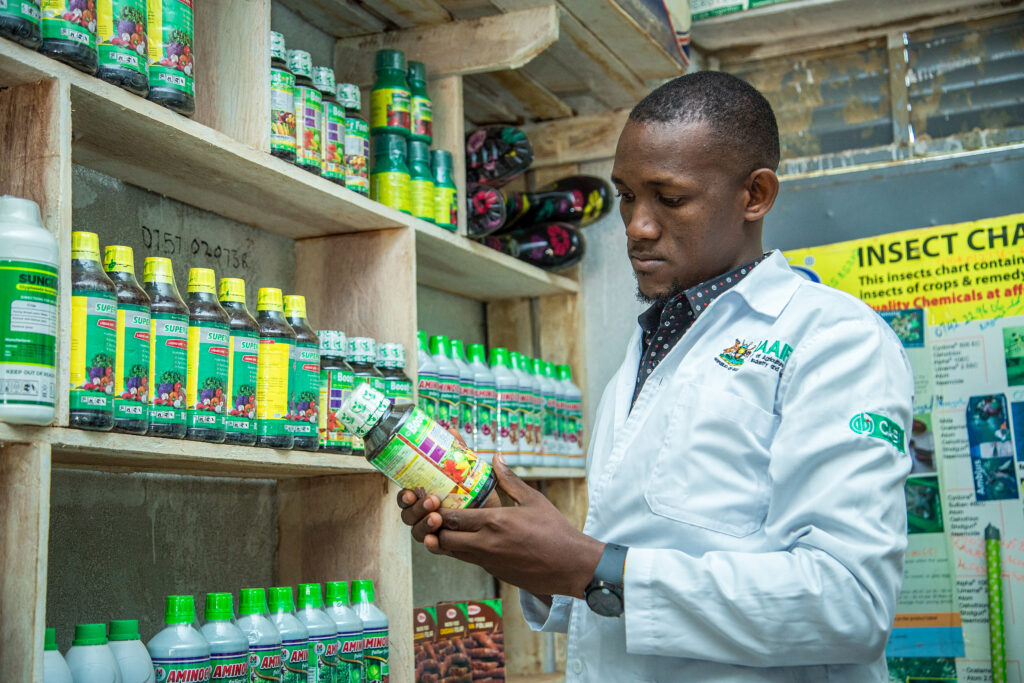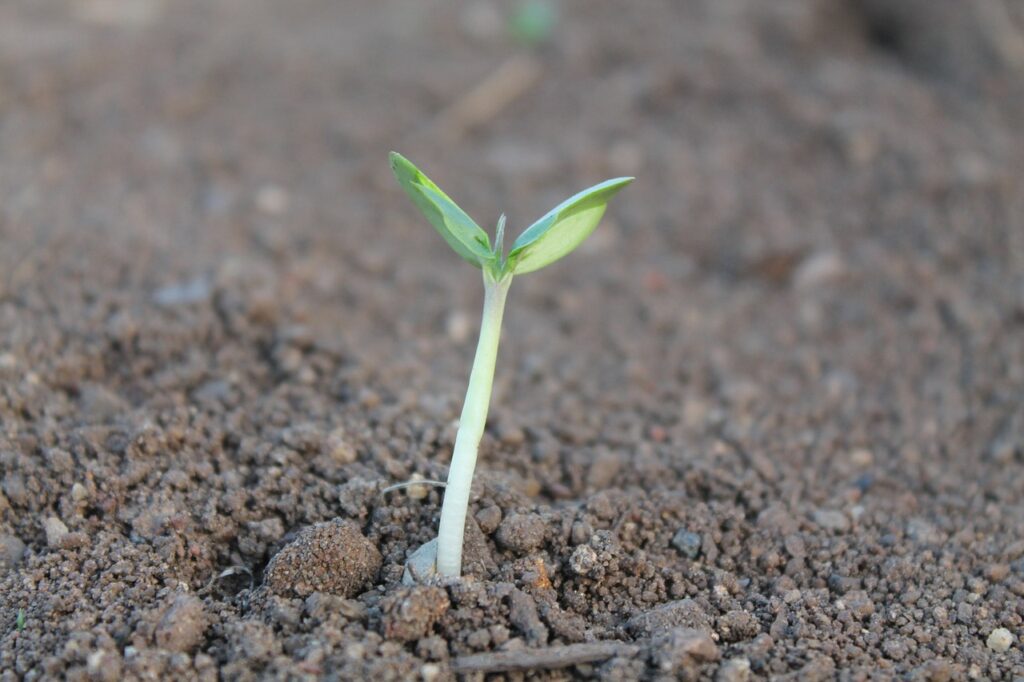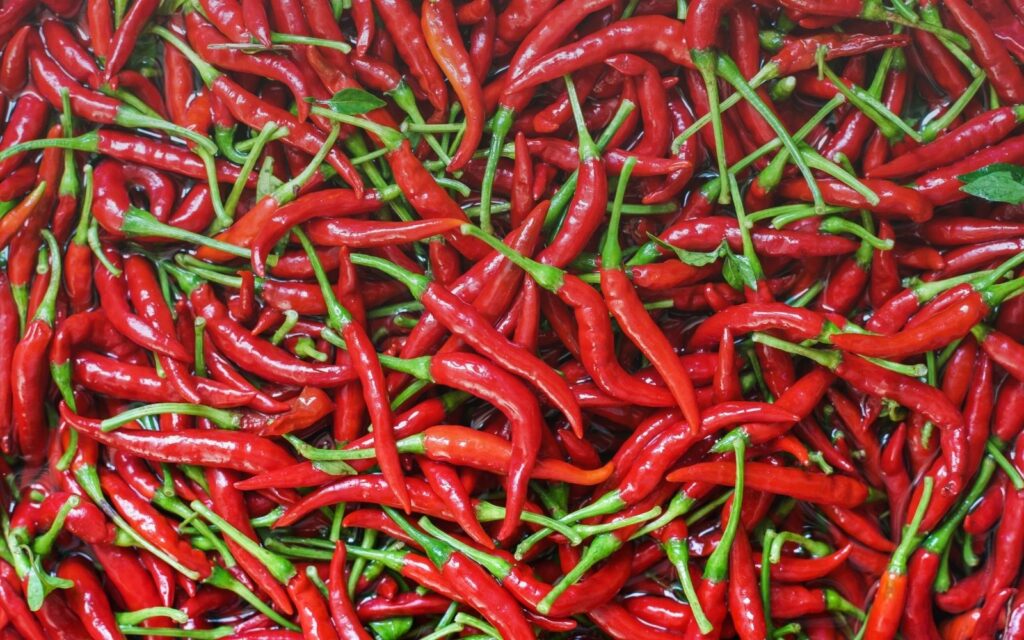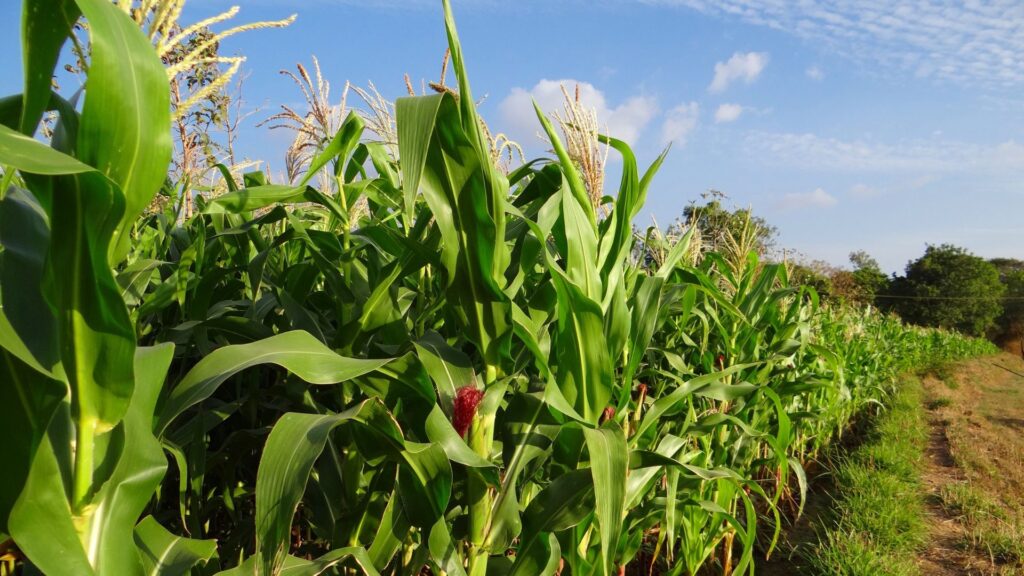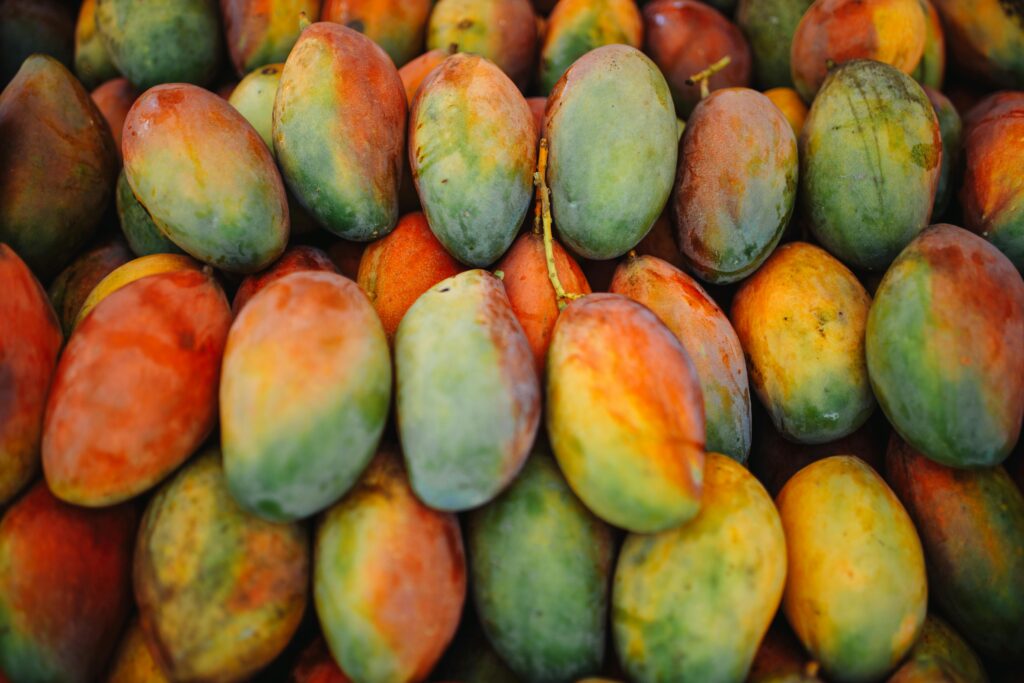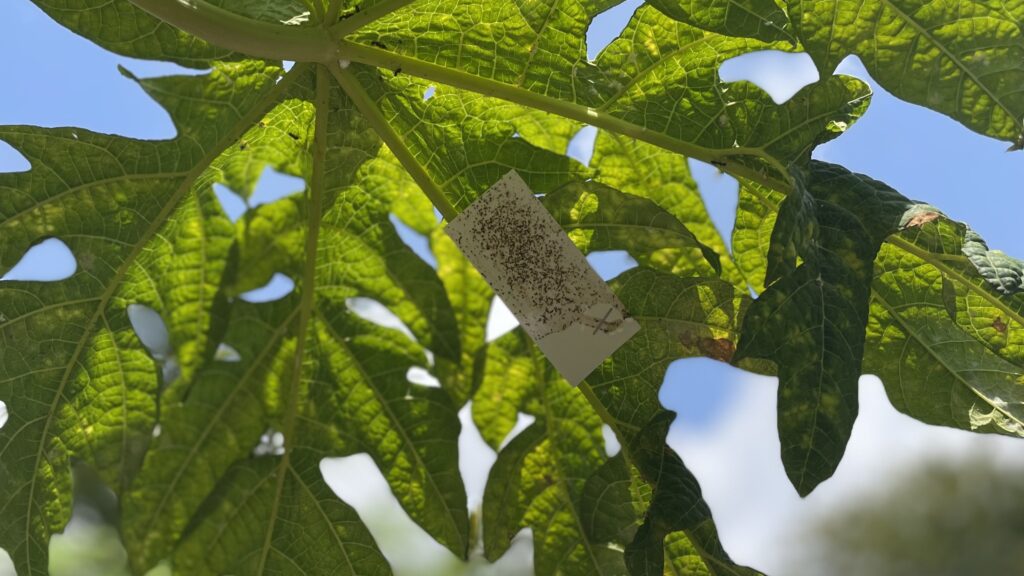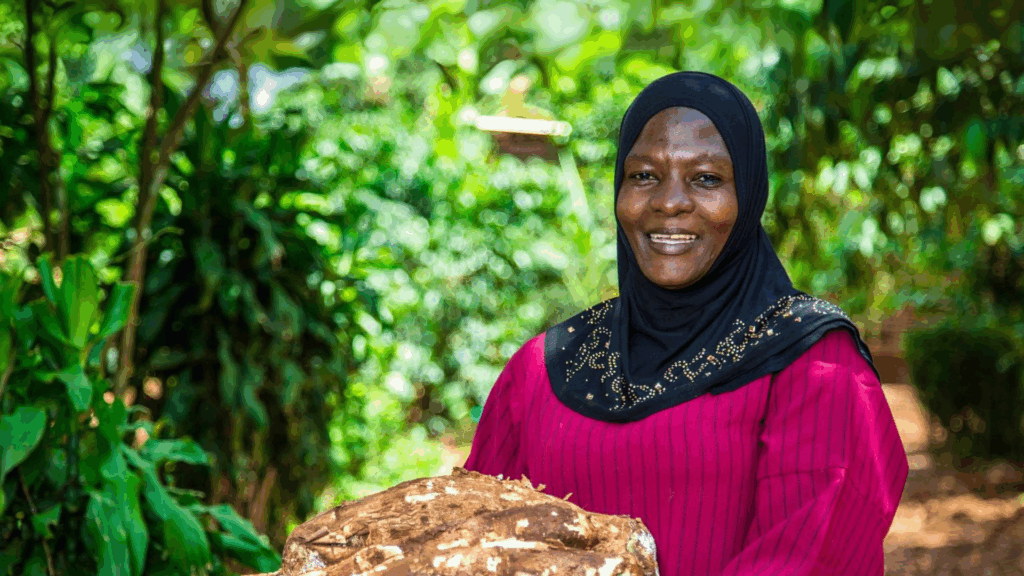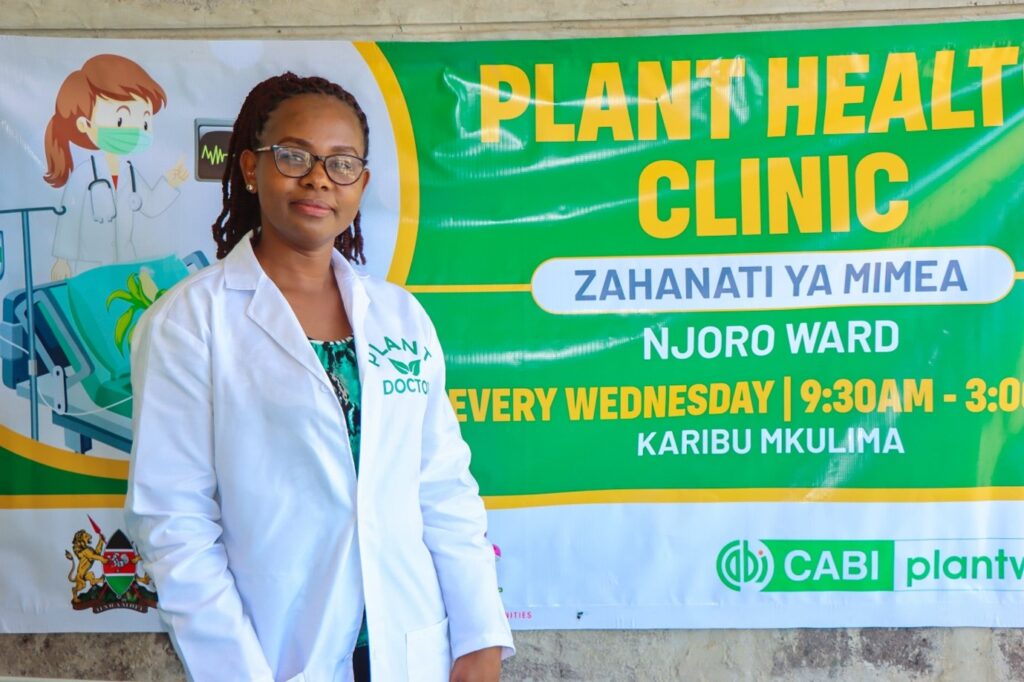How plant clinics are strengthening crop health services in Bangladesh
When the first-ever plant clinic in Bangladesh opened in Dhaka in 2013, it initially faced a lack of interest due to its novelty and limited awareness among farmers. However, it went on to expand, providing advice to over 17,000 farmers and led to the current 383 plant clinics that are active in Bangladesh today. Government…
“Use of any pesticide comes with some risk, but this risk can be reduced”
Pesticides are a widely used pest management option. However, if applied incorrectly, they can pose serious risks to human health, ecosystems, and food safety. From farm workers and consumers to pollinators and waterways, the impacts of unsafe pesticide use can be far-reaching.
5 common chilli pests and diseases
Chilli pests and diseases can considerably impact crop production. Not only can pest and disease outbreaks lead to severe yield losses, but they also reduce quality and lower market value. In many countries, including India, Bangladesh, Malawi, and Thailand, chilli is a vital cash and export crop contributing significantly to livelihoods and local economies. Effective…
“The health of plants, animals, people and the environment is interlinked in so many ways”
Without healthy crops, food systems crumble, livelihoods suffer, and communities become more vulnerable to food insecurity. PlantwisePlus supports countries in strengthening plant health systems and improving food quality, quantity, and security. Plant clinics are central to this approach, providing farmers with diagnosis and treatment advice for any crop problem.


